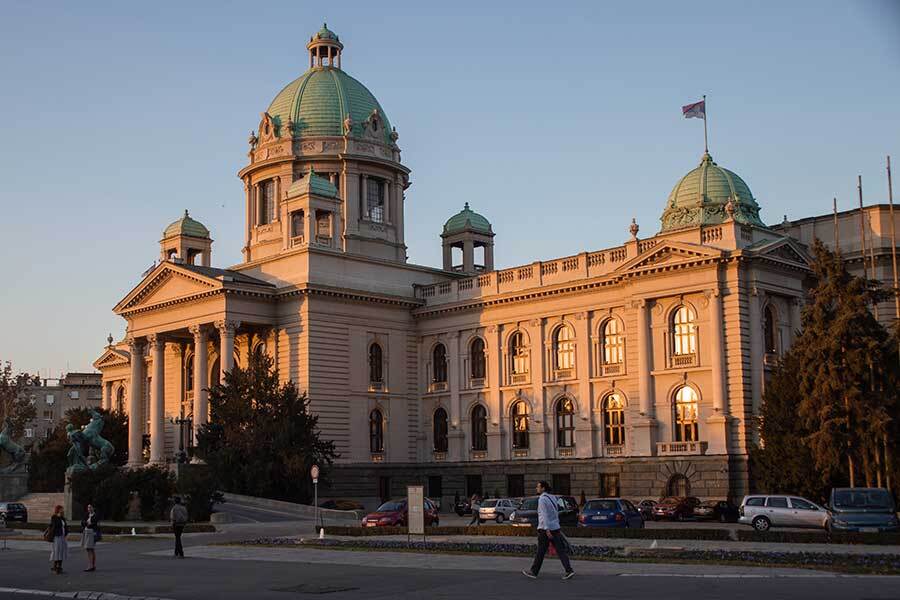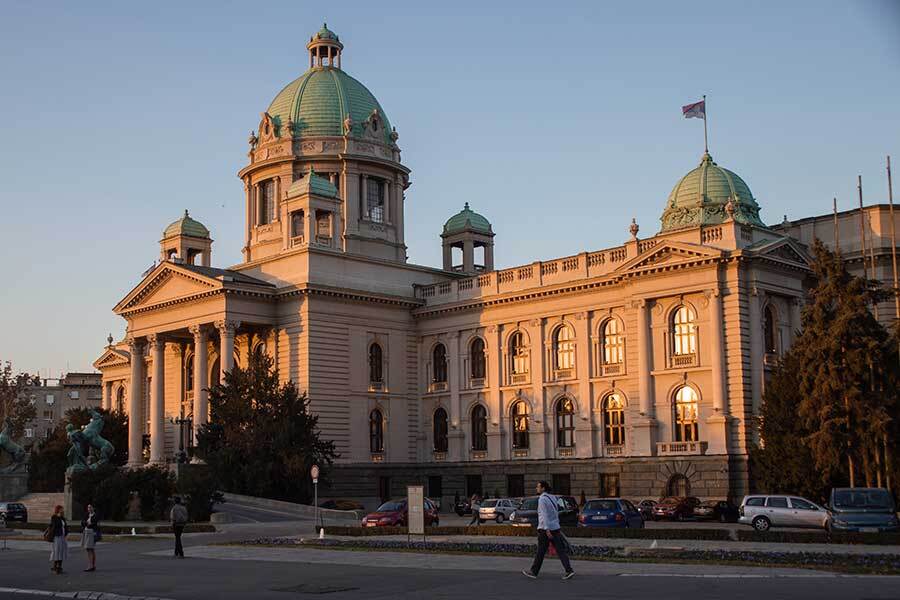Srebrenica Genocide Back on the Table: PSG and SDA Sandžak Demand Serbia’s Official Apology!
Is Serbia finally ready to face its past or will it keep running from the truth? The parliamentary group of the Movement of Free Citizens and SDA Sandžak has once again submitted a resolution proposal demanding the urgent condemnation of the 1995 Srebrenica genocide.
What’s on the table?
The resolution, referencing the United Nations resolution from May 2005, calls for Serbia to officially condemn the genocide in Srebrenica and to mark July 11 as a day of remembrance for the victims. But that’s not all – it also demands that the National Assembly of Serbia issue an official apology for failing to prevent the genocide and punish the perpetrators.
Criminalizing denial
The resolution goes further by proposing criminal penalties for denying the Srebrenica genocide and for glorifying individuals and organizations found guilty of war crimes by international courts.
Teaching the truth
To prevent history from repeating itself, the resolution also suggests introducing educational programs that will instill lessons about the negative consequences of genocide in future generations.
Who’s behind this?
The initiative is signed by MPs Pavle Grbović, Ahmedin Škrijelj, Minela Kalendar, Ana Oreg, Šaip Kamberi, and Vladimir Pajić.
Controversy and backlash
Unsurprisingly, this topic sparks heated emotions and controversy. Some dismiss it as a “made-up story” and deny the genocide, while others argue it’s high time Serbia acknowledges and condemns the crimes to move forward.
Why does it matter?
Srebrenica is the site of the largest massacre in Europe since World War II, where about 8,000 Bosniak men and boys were killed. International courts have classified it as genocide, yet Serbia has never officially condemned it.
What’s next?
This resolution is another attempt to push Serbia to confront its past and deliver justice for the victims. Whether the parliament will adopt or reject it remains to be seen.
Final thoughts
While some see this as a necessary step toward reconciliation, others view it as political maneuvering and betrayal. One thing is clear – the issue of the Srebrenica genocide continues to divide Serbia and the region.
So, what do you think? Is Serbia ready to face its past or will it keep ignoring it? Drop a comment and let the conversation roll!








